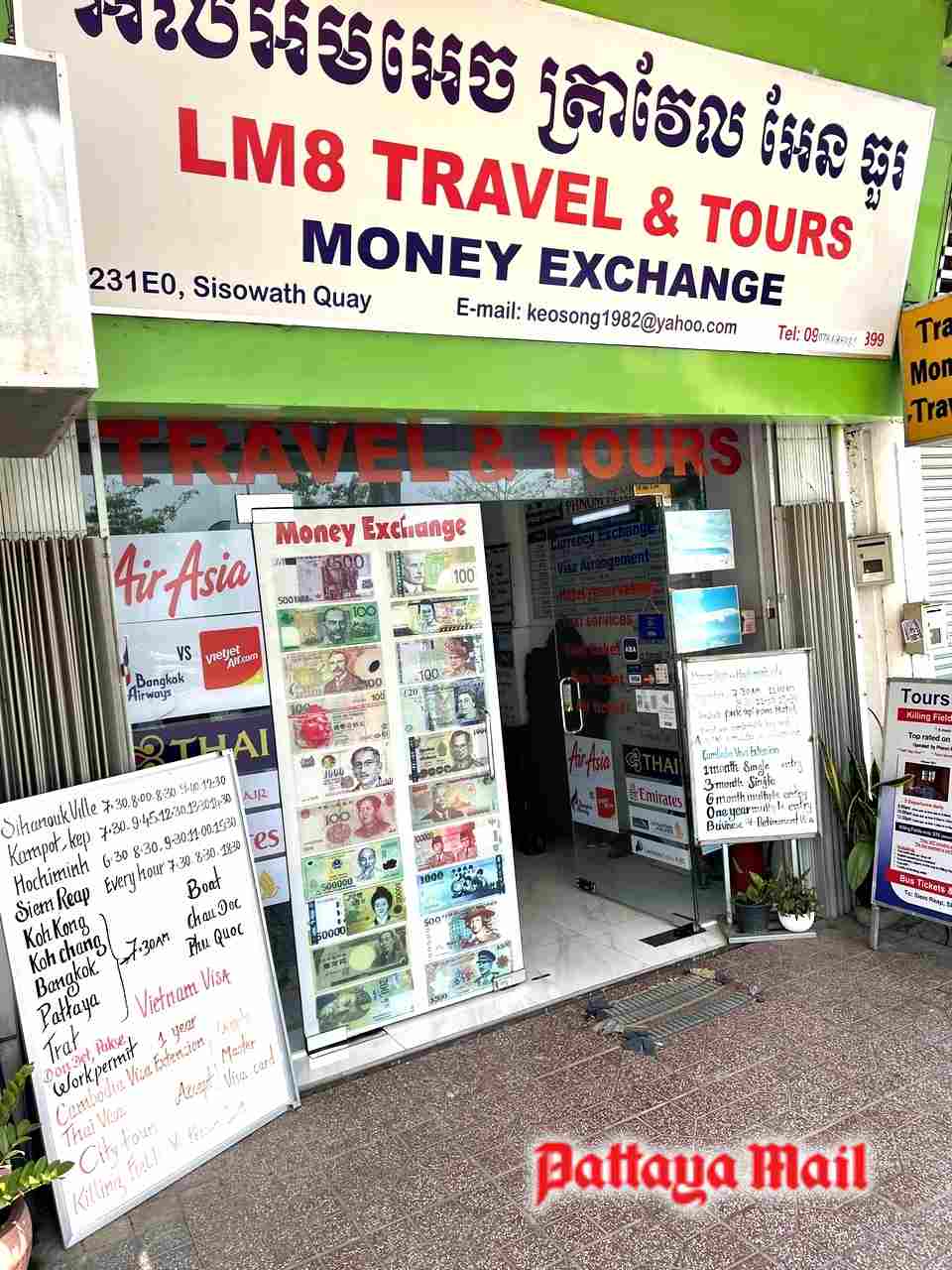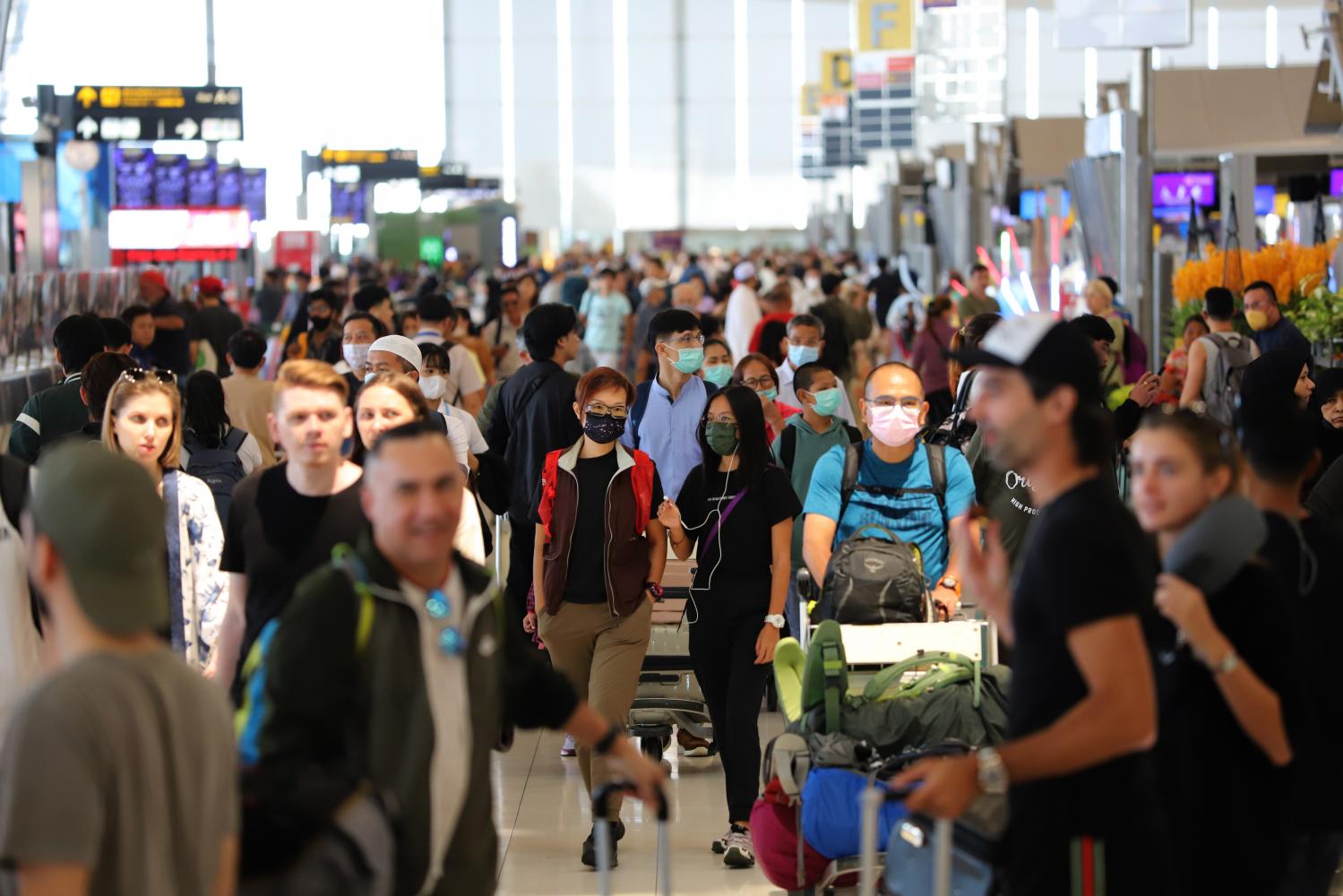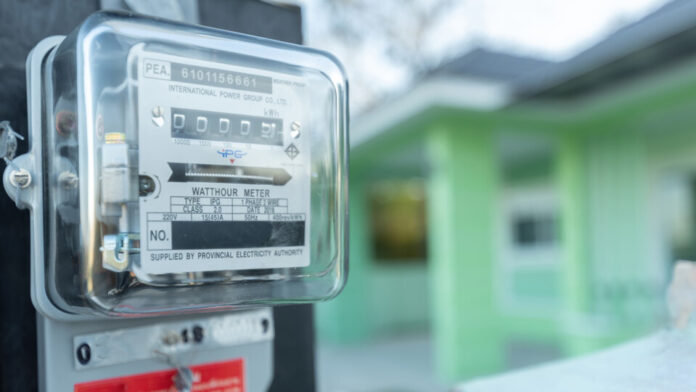The public have until May 17 to register their opinions on whether a proposed departure tax should go ahead.
Under the proposal, 1,000 baht would be collected from each Thai and permanent foreign resident of Thailand who departs by air and 500 baht from those who depart by land or sea.
The tax would be collected when purchasing tickets for overseas trips. Those who fail to pay would pay double the amount plus a monthly interest of 1.5%. Penalties would also include up to six months in jail or a maximum fine of 3,000 baht.
Other countries that impose a tax on outward-bound travel include Australia, China, Japan, and Thailand's neighbors Malaysia, Cambodia, the Philippines and Vietnam. The departure tax in these countries is mainly incorporated in the price of travel fares.
The Thai government has been quick to reassure people that the proposal, which dates from a four-decade-old executive decree, will not necessarily be implemented.
The Revenue Department is now gathering opinions on the proposed tax via its website. Members of the public and organizations have been invited to share their viewpoints until May 17.
What is a departure tax?
A departure tax is effectively a charge levied on foreign travel. The goal is to curb excessive spending by locals when they travel abroad. The proposal's advocates say this would help protect Thailand's balance of payments – the money flowing into and out of the country.
The proposal dates back to a 1983 executive decree, which actually allows for a departure tax of up to 5,000 baht, according to the Revenue Department.
However, under the plan put to the public, the fee has been limited to a more realistic level of 500-1,000 baht. Exemptions would also be granted to certain groups, including monks and Muslims on pilgrimage, and the tax would be refunded within 180 days if travel plans were canceled.
Loud outcry
The Association of Thai Travel Agents (ATTA) has condemned the proposal, saying the departure tax would restrict the public's freedom to travel and threaten the country's ties with other nations.
"Who will want to do business with us? While we are trying to attract foreigners to Thailand, our government wants to impose a tax that will discourage Thais from traveling overseas," ATTA secretary-general Adith Chairattananon said.
About 1.2 million Thais and foreign residents traveled overseas in 2019, pre-COVID, he said. That number of trips would generate only 1.2 billion baht in departure tax revenue while damaging Thailand's image and hurting locals' ability to travel abroad, expand their horizons, and more, he added.
"The 1.2 billion baht could be generated by just tightening the budget for government agencies' overseas trips," Adith said.
Critics of the proposal have pointed out that they already pay various taxes on overseas trips, including airport tax.
Research by Asia Plus Securities suggests that a departure tax would affect locals' decisions to travel overseas for a limited time only. After that, they will just go ahead with their plans, since the tax would represent only a tiny fraction of their travel budget. Locals spend an average of 30,000 baht on each overseas trip.
Responding to public outcry, the Revenue Department said it was merely doing its duty under the emergency decree by organizing a public poll and had no plans to implement the tax.
Separate 'tourist tax' from June
In addition to the proposed departure tax, a separate tourist tax has been approved by the Cabinet and will be collected from all foreign visitors starting June 1. Those who fly in will have to pay 300 baht each, while those who arriving by land or water will be charged 150 baht. Similar tourist taxes are collected by more than 40 countries worldwide.
By Thai PBS World




























